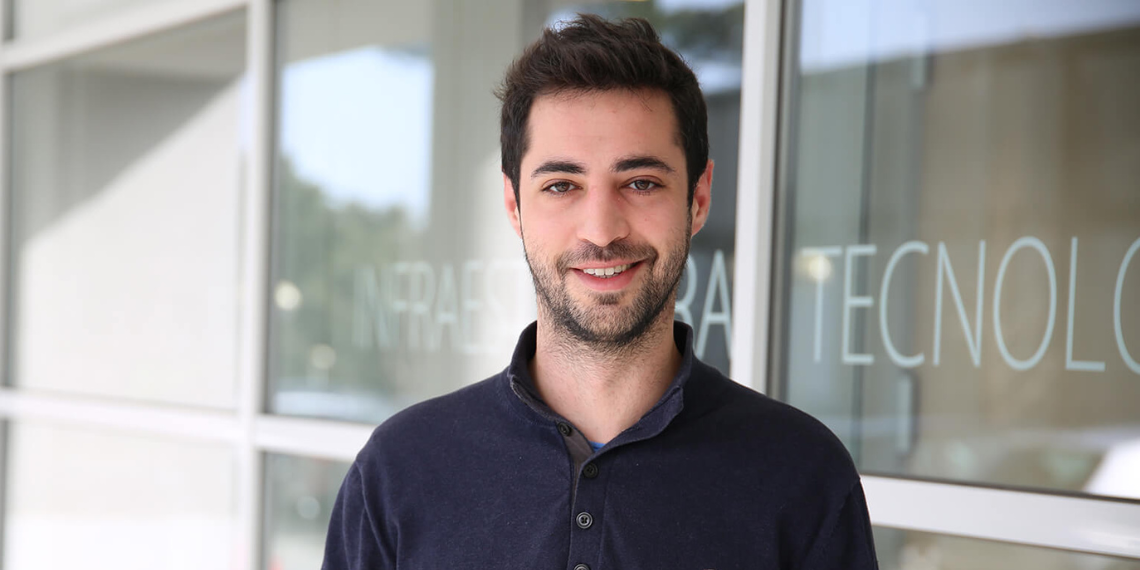Pedro Macedo
“Pedro Macedo played a key role in all stages of the project ‘Analysis of the Impact of Collective Self-Consumption on Distribution Network Losses’ – from the definition of the contents and methodology in the proposal phase, through the development of the studies and elaborating the final report. The fulfilment of the project’s deadlines was only possible thanks to his commitment and dedication, which translated into great effort and thoroughness – vital the success of this endeavour.”
– CPES coordinators
You were involved in the project “Analysis of the Impact of Collective Self-Consumption on Distribution Network Losses”; could you tell us a little more about this initiative (main objectives and result, the differentiating factor, etc.)?
This study stems from a legislative requirement mandating that network operators quantify the impact of collective self-consumption on distribution network losses; energy communities allow their members to access the internal market, encouraging consumption during periods of production surplus through reduced tariffs. Based on this principle, we developed an algorithm to shift consumption to periods of greater production availability, thereby reducing network requirements by smoothing load profiles and minimising reverse flows by promoting a better balance between production and consumption.
To validate this approach, we carried out power flow simulations on a typical low-voltage network, considering various test scenarios. These scenarios changed in terms of number of community members, the distribution of loads across phases, and other factors influencing network losses.
The results obtained not only enabled the quantification of the impact of load shifting within communities but also demonstrated the influence of the allocation of installations across different phases, thus providing essential information for future regulatory and operational decisions.
What were the main challenges, considering you participated in the project from the beginning until the final report?
The main challenge was meeting extremely tight deadlines for obtaining results; E-REDES contacted due to this legislative requirement, to develop a proposal that not only required delivering results, but also drafting an executive summary in less than a month. To address this challenge, we structured the project in two phases: the first (to meet the established deadline) consisted of a preliminary study based on the simulation of a type of network and a reduced set of scenarios; the second, currently under development, involves the simulation of a significant set of real networks and a broader range of tests. This approach allowed us to deliver thorough results on time while establishing a solid basis for further analysis in the later phase of the project.
Which aspects of your job do you enjoy the most?
What motivates me most are challenges like this, where creativity and engineering must come together to design effective methodologies and solutions. The possibility of transforming theoretical concepts into concrete and impactful applications is undoubtedly one of the most rewarding aspects of my work.
How do you comment on this nomination?
This nomination reflects a collective effort, with all team members working towards achieving the best results. Hence, I’d like to share my gratitude with José Nuno Fidalgo and José Pedro Paulos, whose contribution was vital to the project’s success.



 News, current topics, curiosities and so much more about INESC TEC and its community!
News, current topics, curiosities and so much more about INESC TEC and its community!